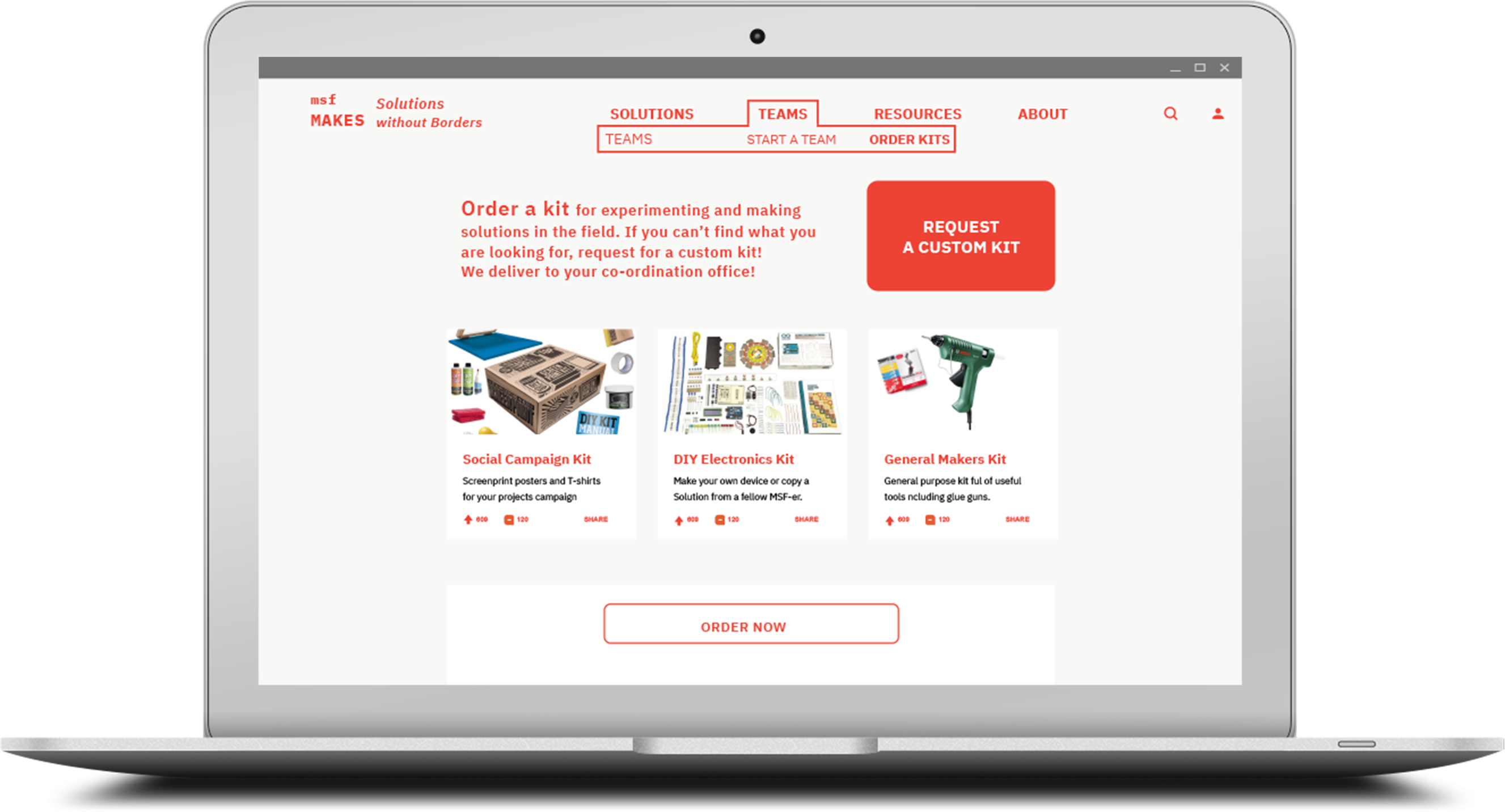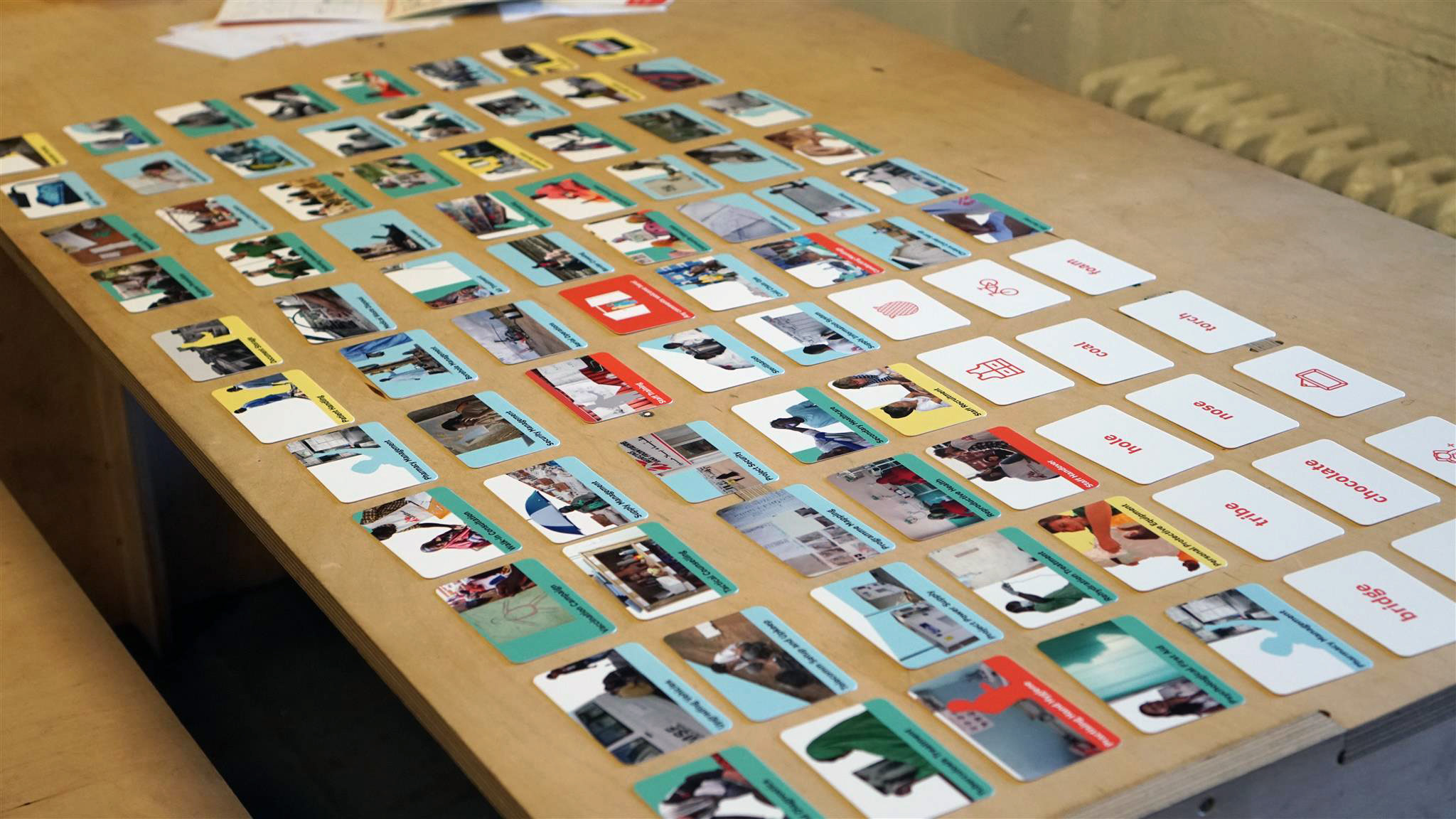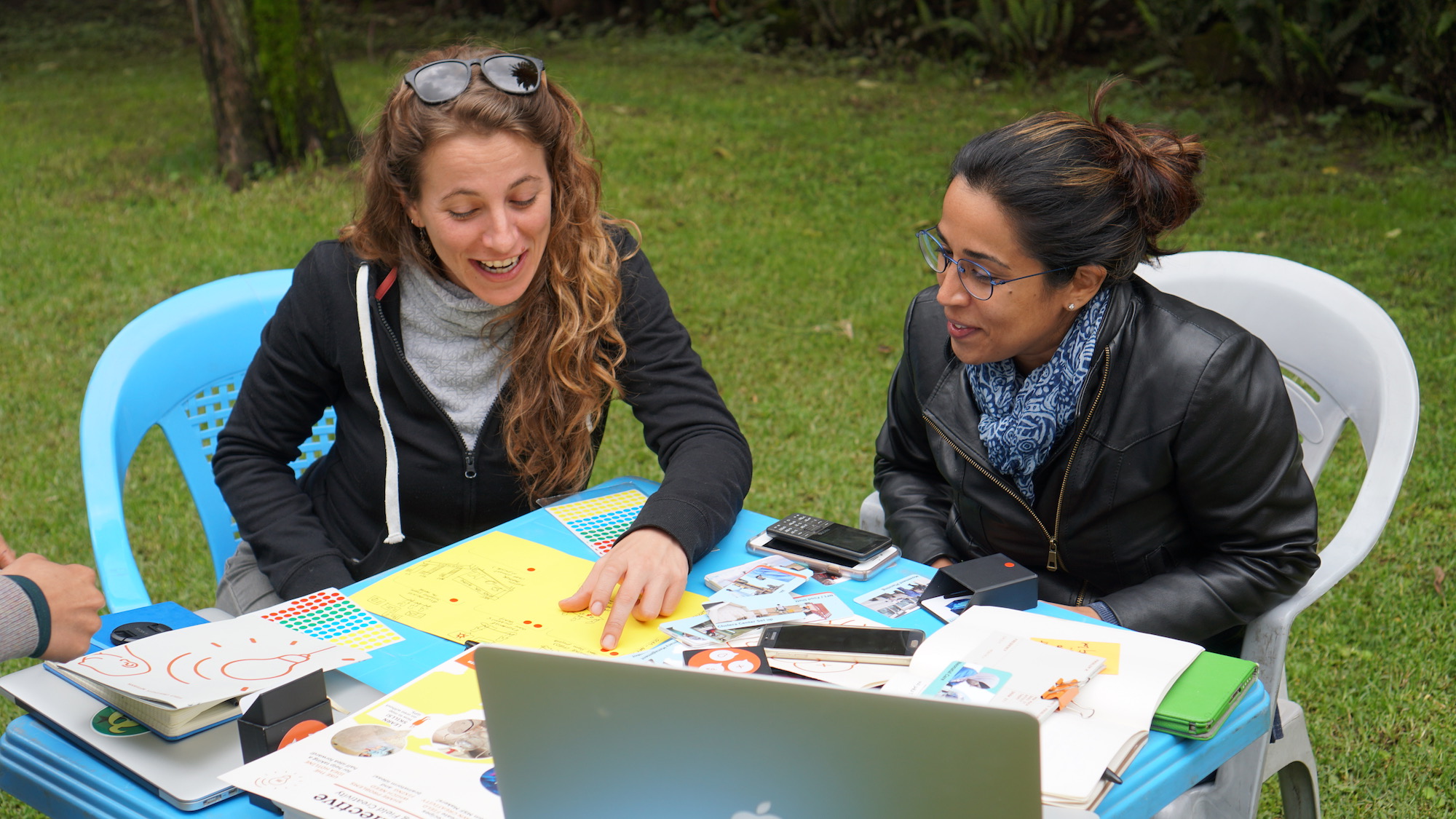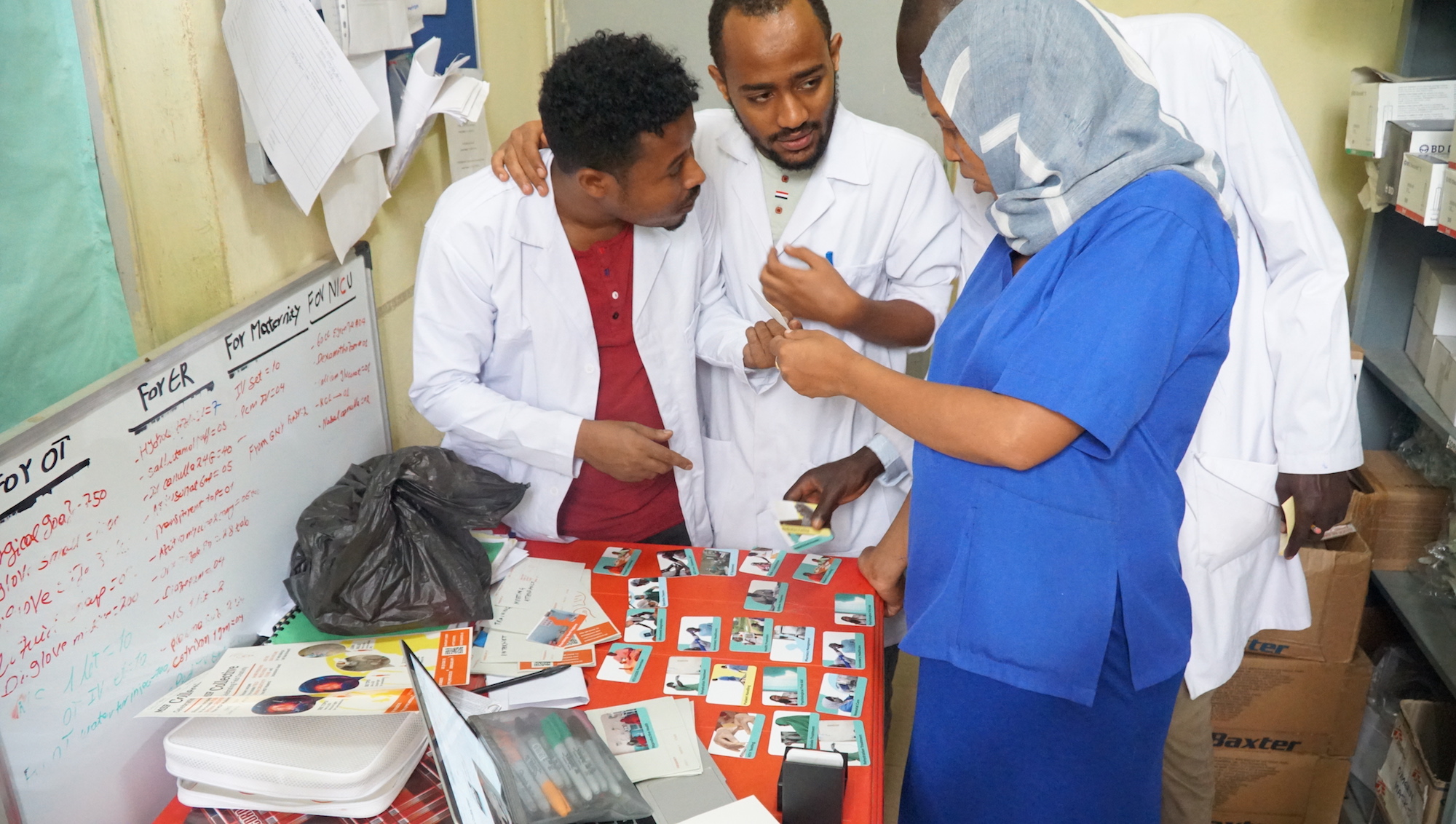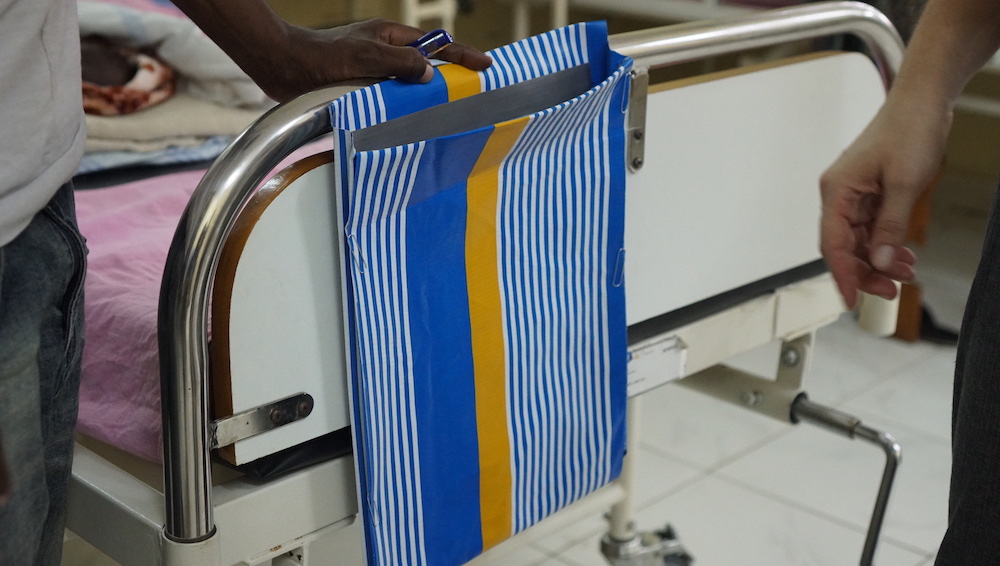Background
Médecins Sans Frontières (MSF) is an international humanitarian medical non-governmental organisation (NGO) comprised of doctors, nurses, logisticians, community health workers from 148 nationalities, working on delivering healthcare in conflict zones and in countries affected by endemic diseases. Currently, they are operating 478 projects across 70 countries.
MSF has been developing innovative solutions to deliver the best possible medical care in conflict and emergency situations since the 1970s. MSF now has 3 innovation units (Japan, Sweden and Nairobi Displacement Unit) and innovation advisors based in Barcelona, London, Brussels and Geneva.
Our challenge was to develop organisational mechanisms to: a) gather field problems so that innovation advisors can be informed about scale and frequency of needs and, b) gather ideas from across the movement so that innovation advisors can improve their support to individuals who are solving problems in creative ways.
Approach
Since MSF has interconnected and overlapping systems, operating across 5 centres, taking an entirely rational/analytical approach was risky. Simply gaining a comprehensive organisational understanding would take several months. So move forward quickly, we adopted a design thinking approach.
We identified 4 types of end users across MSF (Innovation Units, Advisors, Coordination Officers & Project Officers) who would implement /use/review the new mechanisms. We talked with over 80 MSF team members, shared insights, drew ideas and prototyped concepts , across 22 weeks in London, Amsterdam, Ethiopia and Kenya. Each round of research led to insights and a new rush of concepts.
This research allowed us to step into the busy lives of 30,000 brave MSF staff.
Insights
Over the course of our project, we collected 26 problems, 5 workarounds and 20 ideas from 22 individuals or teams.
Our key insight for MSF was:
Innovation has a long term return, it takes years for moving from idea to implementation & finally field availability in the green book (product) or guidelines (process/system innovation). This process holds little relevance for the majority of the field staff who are faced with difficult problems in low-resource contexts.
A calculated shift to an intersectional curated ecosystem of applied innovation practices would improve situations by:
Developing an open wiki of DIY solutions/stop-gap fixes/ online tools/ generators and templates to help encourage collaboration and share implementable solutions to well-known problems.
Developing a ‘quick and dirty’ prototyping and experimentation service for field staff, where they can order materials and set up alpha tests for possible solutions.
Results
At the end of the project, we compiled 14 design principles for the innovation unit & proposed the agile development of a new intersectional digital platform which would provide the following services:
Virtual Prototyping Desk (Make More) HQ based service for field staff with ideas; via which they are sent supplies and given timely remote support for in-field prototyping, iterations and testing
MSF Blueprints (Share Recipies) Movement-wide wiki for DIY solutions/workarounds written by field staff, and modelled on Instructables, to encourage MSF’s existing maker culture & reduce duplication
MSF Partner (Connect More) Market place for beta products/service owners to connect with field missions for testing and scaling
and

